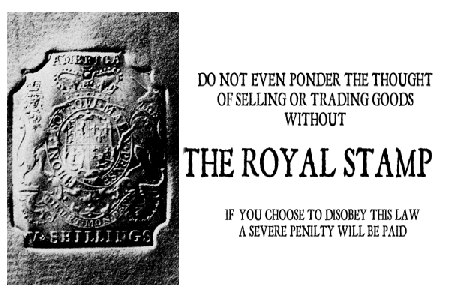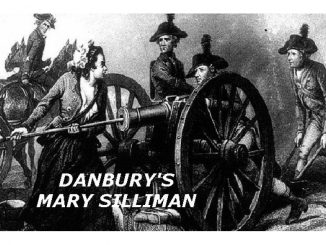
With the passing of the Stamp Act, the colonists’ grumbling finally became an articulated response to what they saw as the mother country’s attempt to undermine their economic strength and independence. They raised the issue of taxation without representation, and formed societies throughout the colonies to rally against the British government and nobles who sought to exploit the colonies as a source of revenue and raw materials. By October of that year, nine of the 13 colonies sent representatives to the Stamp Act Congress, at which the colonists drafted the “Declaration of Rights and Grievances,” a document that railed against the autocratic policies of the mercantilist British empire.
Realizing that it actually cost more to enforce the Stamp Act in the protesting colonies than it did to abolish it, the British government repealed the tax the following year. The fracas over the Stamp Act, though, helped plant seeds for a far larger movement against the British government and the eventual battle for independence. Most important of these was the formation of the Sons of Liberty–a group of tradesmen who led anti-British protests in Boston and other seaboard cities–and other groups of wealthy landowners who came together from the across the colonies. Well after the Stamp Act was repealed, these societies continued to meet in opposition to what they saw as the abusive policies of the British empire. Out of their meetings, a growing nationalism emerged that would culminate in the fighting of the American Revolution only a decade later.







Be the first to comment